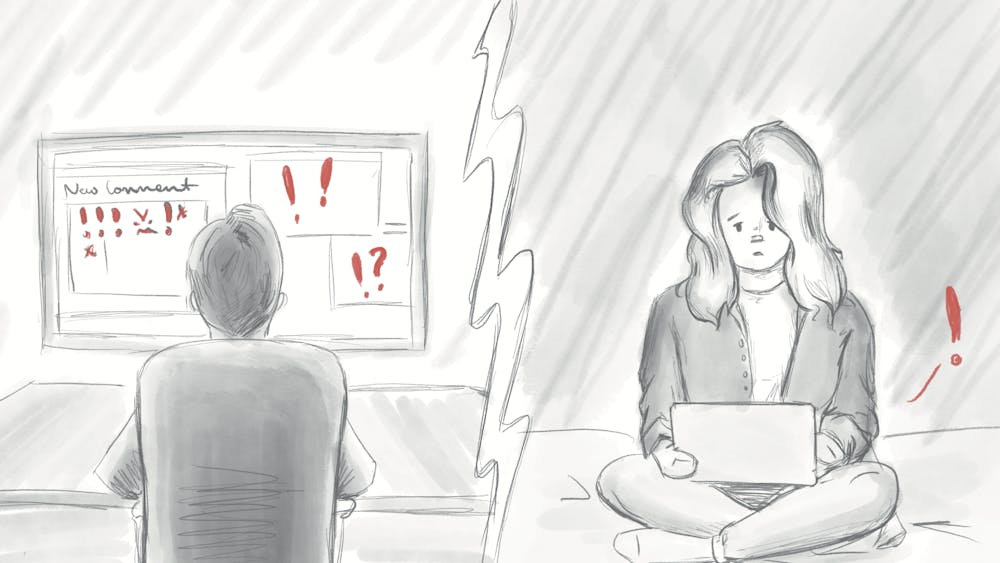On Monday, an important general election concluded with new Greek Prime Minister Alexis Tsipras taking his oath.
The result has and is ?causing anxiety within the modern political experiment we know as the European Union.
In my mind, never in history has such a grand, bold experiment been ?undertaken.
It’s not just that the ?European Union is a vast alliance that houses several different and historically opposed ?cultures.
It’s the very structure of the system itself that is, in its own way, the boldest element.
The system binds ?countries together in ways unheard of in other parts of the world.
But the system works only with mutual respect and trust.
The massive economic unity and intertwined ?financial systems of the various countries in the EU ?necessitate cooperation and ?problematize rogue states.
Greece has the ?potential to be one of these rogue states, and it could bring the whole system down or at least to a ?tumultuous, screeching halt.
Since the collapse of the Greek economy and the implosion of its public finances in 2008 and 2012, Greece has had to swallow a hard pill.
Austerity, pension cuts, rising interest rates, a recession and a bailout package — €240 billion in total —?ballooned an already large public debt and deficit.
The bailout package came from the European Central Bank, European Union and the International Monetary Fund.
With the austerity in full swing — largely demanded by the bailout creditors — and the repayment plan underway, public opinion in Greece began to blame its creditors for its problems.
To put it candidly, Greece doesn’t want to pay its debt anymore.
The country seems to believe the old saying “the borrower is a slave to the lender,” and it quite vocally doesn’t want to be a slave anymore.
That sentiment propelled Tsipras to the prime minister’s office this week.
He is the leader of the Radical Coalition of the Left, a group that has promised to renegotiate Greece’s bailout repayment plan.
This is code for debt ?forgiveness, and it’s something the rest of the EU is not going to take lightly.
The problem is if Greece decides not to pay its debts, there is going to be a real ?debate about whether or not it deserves, and if it legally can, stay within the EU.
The bailout money it ?received and the debt it owes largely belong to the other member states of the EU.
We all know state money is taxpayer money.
So what essentially would be happening is German, French, Italian, Portuguese and other citizens from around the EU would be sending billions of euros — for free — to the ailing coffers of a mismanaged country.
Sound fair?
I don’t think so, either.
In fact, I think that it’s borderline ?criminal.
If I don’t pay my debts, the government can take my house.
And it would be right to do so.
Debt is a legal contract that needs be enforced and ?upheld if we are to live in a just and functioning society.
My hope is Greece will come to its senses.
If not, it may be looking at a boot from the EU.
And if that happens, then it won’t take much for others to falter as well — like a giant political and economic game of Jenga.
cgerst@indiana.edu





